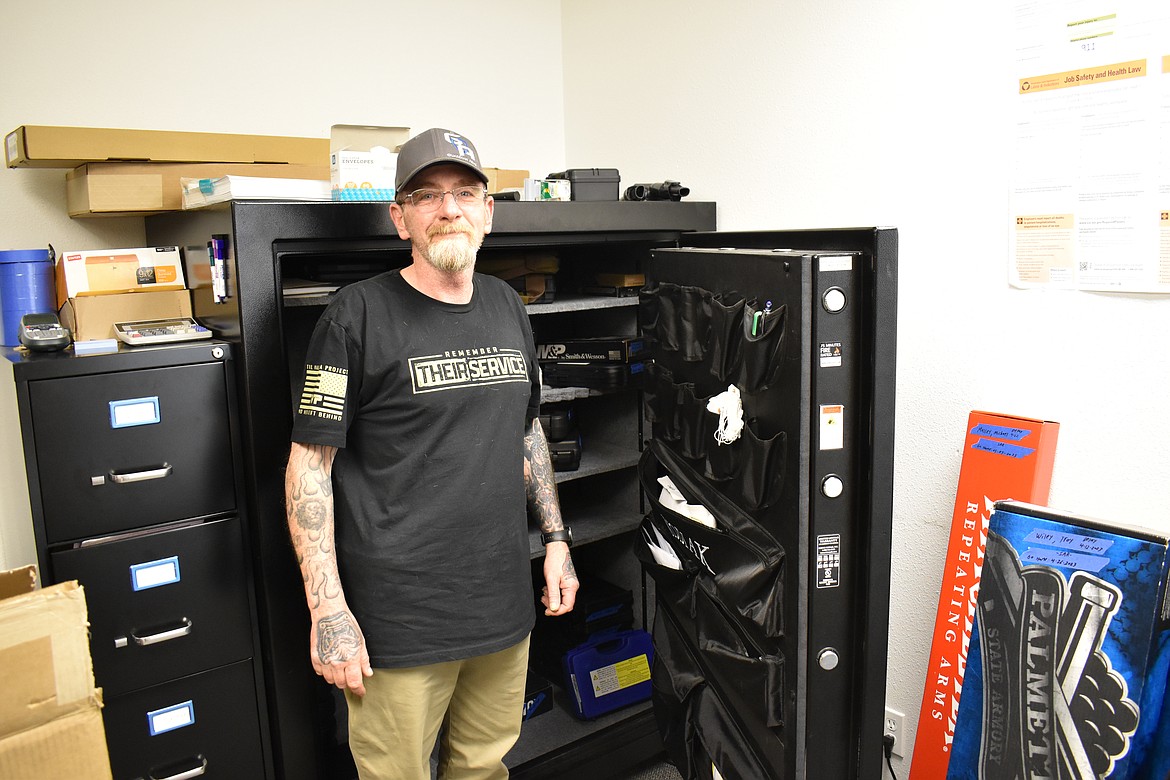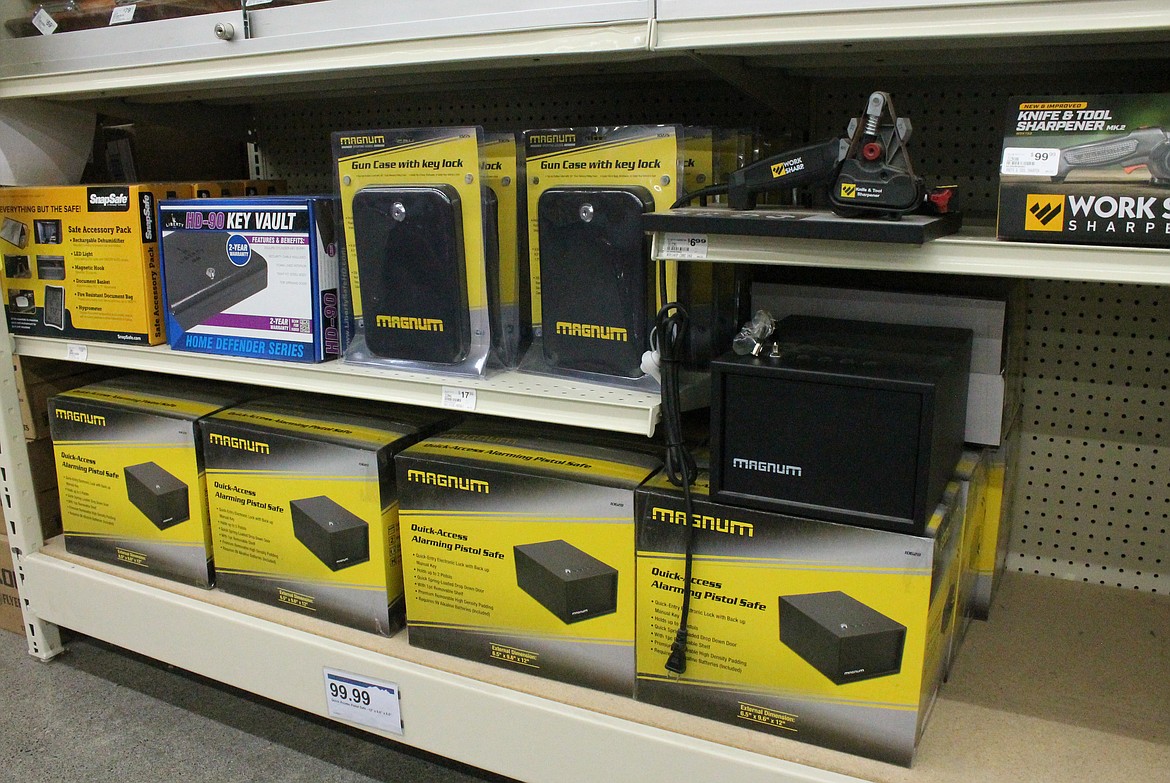Safe storage
MOSES LAKE — It seems like guns and gun owners are in the news a lot these days. Plenty of people in the Basin keep firearms, both for personal protection and for recreational shooting. But when you have guns in the home, where you can access them, there’s always the risk that a child can too. So could a burglar or a friend or relative who, for whatever reason, shouldn’t be allowed access to a firearm. A recent study by experts at Harvard University and Boston Children’s Hospital indicated that if 20% more American households kept their guns securely stored, gun-related deaths among children and teens could be decreased by a third. It’s essential to make sure weapons are stored where the right people can get to them easily, but the wrong people can’t. That often means a gun safe.
Become a Subscriber!
You have read all of your free articles this month. Select a plan below to start your subscription today.
Already a subscriber? Login





